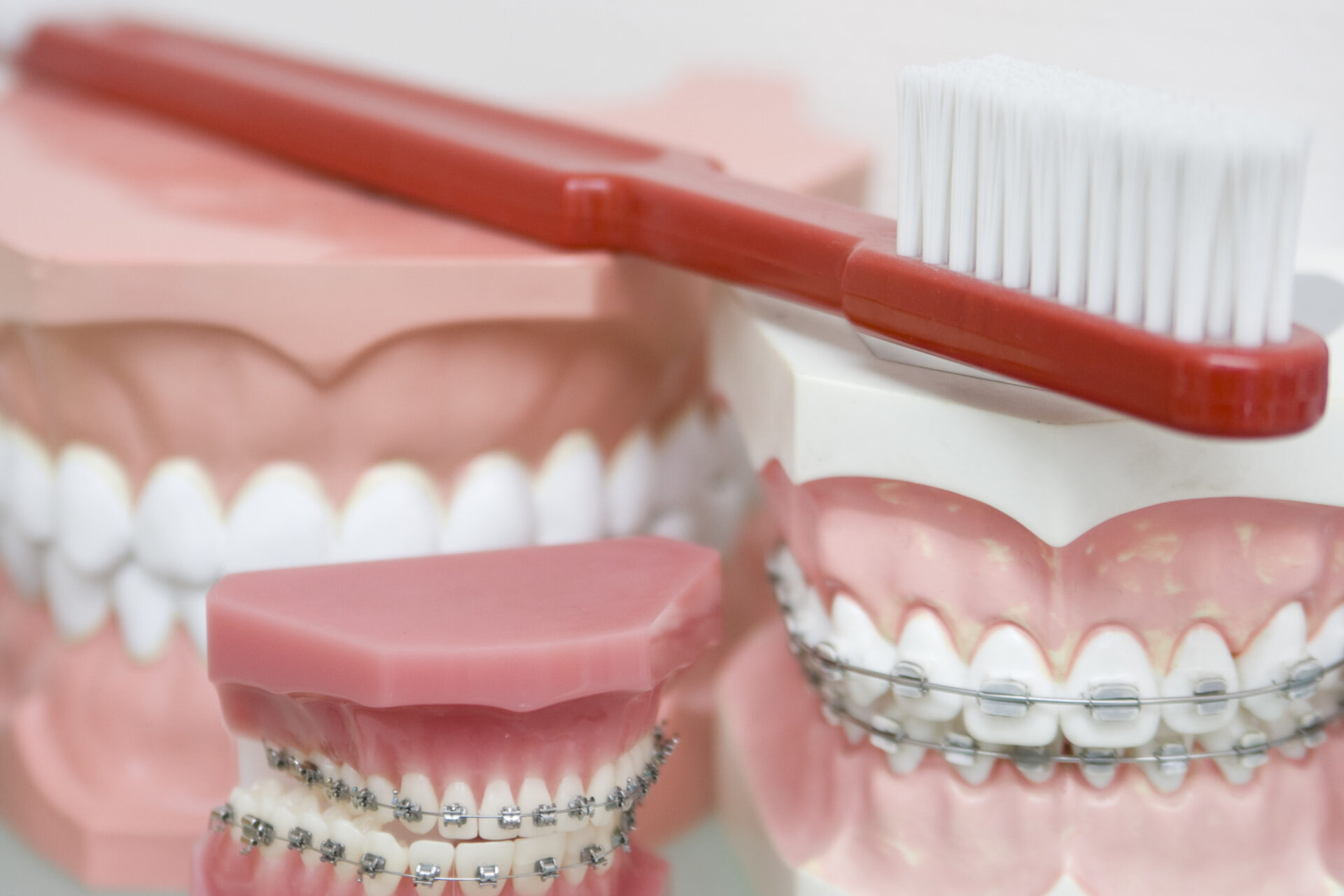
Posted on October 20, 2021

At any one time in the United States, there are approximately four million people wearing braces. While orthodontic treatment is most commonly associated with children and adolescents, around 25% of those wearing braces in the US are adults.
Braces are used to straighten teeth that are not in alignment and can also be used to correct a number of other dental issues. If you are unhappy with how your teeth and smile look, then you are not alone. Research shows that only 35% of adults have teeth that are properly aligned.
The primary sign that you could benefit from braces from Boise Orthodontist is visibly crooked or crowded teeth. Other signs include:
In this blog post, we will look at the 5 most important questions to ask your orthodontist before getting braces. Once you have read this article, you will have a good idea of how the process of getting orthodontic treatment will work.
As we have highlighted, the primary benefit of braces is to improve the aesthetics of your smile. There are many other benefits and it’s worthwhile speaking to your orthodontist for a personalized view.
For example, your misaligned teeth may be impacting your ability to adequately brush or floss your teeth. This could be affecting the overall health of your teeth and gums.
If you have an overbite, underbite, or crossbite, this could be causing wear on your jaw muscles and gums. Additionally, your speech may be affected due to the position of your tongue under your teeth. Following a dental check, your orthodontist will be able to properly answer the question of how will braces personally benefit you.
Orthodontic treatment has come a long way in recent years and decades. Traditional metal braces are far more modern, comfortable, and aesthetic today compared to the past. They are generally the best option for people with more complex dental issues, given that they are durable.
Another popular option is Damon braces, which use self-ligating brackets to gradually and gently move the teeth into place. Compared to metal braces, Damon achieves results in less time with greater comfort. They are also easier to clean and are more discreet.
Invisalign® treatment is one of the most popular teeth straightening options that has been around since the end of the 20th century. It is notably different from metal braces in that it uses sets of clear aligners to achieve a perfect smile.
These clear aligners can be removed as necessary to eat and clean the teeth, helping to maintain proper dental hygiene. Invisalign® requires fewer dental visits though it is typically more expensive than other types of braces.
Another option is lingual braces, which are attached to the backside of your teeth. This makes them effectively invisible. Ask your orthodontist about what type of braces is most suitable to your specific case.
This is also a question that will very much depend on the individual and their specific case. Your orthodontist will be able to give you an estimated completion time.
Generally, simple issues may require around one year of treatment. Invisalign® treatment times are around 12 to 18 months, for example. More complex issues are likely to require more time, generally between 24 to 30 months.
Many people are put off by the length of time that treatment can take. If you aren’t sure, speak to your orthodontist and get a better idea of your likely treatment length. Thankfully, wearing braces is less of an issue today given that they are more aesthetic and comfortable to wear.
Similarly, the cost of braces will be unique to each case given that there are a number of factors that will determine this. The factors that determine the cost of braces include:
The average cost of braces without insurance is between $3,000 and $6,000 though it can also be less. Your orthodontist will be able to advise you on the exact cost depending on your specific case.
Depending on the type of braces you get, there will be differences in how you look after them during treatment. There will be significant differences in at-home care between metal braces and Invisalign®, for example.
With non-removable braces, your orthodontist will inform you of the best practices to maintain both the braces themselves and your overall dental health. Brackets can be difficult to clean and there is special equipment that your orthodontist may recommend you.
You may also have to avoid certain foods while wearing braces and take greater care when eating. For example, popcorn kernels can get stuck between teeth or under braces. If you play contact sports, your orthodontist can also advise on the best practices to protect your braces.
When we are considering getting braces, it helps to have answers to the questions that matter to you. The above questions can help you to understand the overall treatment process and how you can achieve a perfect, confidence-enhancing smile.
Here at Guymon Orthodontics, we pride ourselves on creating incredible smiles. If you are looking for quality orthodontic treatment in Boise, we are your No. 1 Boise orthodontist team. Contact us today to schedule a free exam.